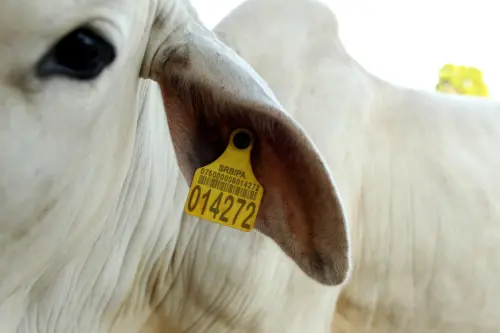Introduction
Roque Quagliato, often referred to as Brazil’s “King of Cattle,” is at the forefront of efforts to reform the cattle ranching industry in the Amazon amid ongoing challenges related to deforestation and labor practices.Context
Quagliato’s extensive ranching operations have garnered significant wealth, but they have not been without controversy. His family's immense farms faced accusations of employing workers under slavery-like conditions in the 1990s, and of deforesting large areas of rainforest in the early 2000s. Now, at the age of 85, he represents a shift in Brazil’s beef industry, which is evolving under pressures from global markets, especially as Brazil prepares to host leaders for a United Nations climate summit in November.Developments
Quagliato has taken steps to modernize cattle management by participating in a government initiative that tags cattle with microchips for improved traceability. This is aimed at enhancing the global market appeal of Brazilian beef. During a recent cattle auction in Xinguara, Quagliato expressed hope that better traceability would ultimately lead to higher prices for Brazilian beef, emphasizing that those responsible for deforestation should face imprisonment.As Para state looks to tag all 26 million of its cattle by 2027, it aims to become a model for sustainable ranching practices. Despite the law passed in late 2023 mandating cattle identification by the end of 2026—which has seen only 12,000 cattle tagged by May—Quagliato's influence has provided some reassurance regarding the acceptance of the policy among ranchers. Support from major beef industry players like JBS, which has donated 300,000 tags to the initiative, further solidifies this movement.
While the proposal to track cattle is not a comprehensive solution to deforestation, environmentalists believe it offers a crucial tool for law enforcement to combat illegal ranching. Yet, many ranchers express resistance to the program, fearing it could threaten their livelihoods. Quagliato acknowledges the costs involved but insists that ranchers recognize the necessity of compliance.
Despite this push for reform, the Quagliato family still faces scrutiny due to previous deforestation fines, and a family member's conviction related to labor conditions. In the broader context, Quagliato's herd and many others graze in regions where illegal forest clearing has occurred, complicating the path toward sustainable practices.
